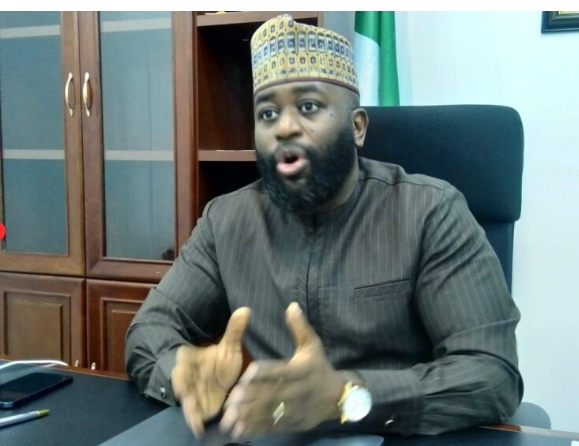The Chartered Institute of Project Managers of Nigeria (CIPMN) has reaffirmed its readiness to driving the human capital development aspect of President Bola Tinubu’s Renewed Hope Agenda.
During an interview in Abuja, CIPMN’s Registrar and Chief Executive, Henry Ifeanyi Mbadiwe, highlighted the institute’s pivotal role in expanding skills and knowledge to support this key initiative.
“The Renewed Hope Agenda is not something you can deliver in one year, that is just the truth. Human capital development is one of the key drivers of this administration.
” President Bola Ahmed Tinubu has made it very clear, it is not just about subsidies or about handouts. He has made it very clear that this is a very difficult time. CIPMN role is simple, to take that human capital development element of the renewed hope agenda and push it to the end, other elements can be handed to other people,” he said.
Mbadiwe further explained that the institute is working with various entities, including the Bureau of Public Procurement, to ensure that only certified project managers handle contracts across Nigeria.
Expressing concern over the management of projects within Ministries, Departments, and Agencies (MDAs), Mbadiwe pointed out that many are handled by individuals without the necessary project management qualifications, leading to inefficiencies.
“”CIPMN can ensure every project in this country is handled by a licensed project manager and all mdas will put planning, risk management and chain management in the centre of all of its activities in this country.
” If you do that, you will stop seeing abandoned projects in Nigeria. It is simple as that. It is human capital, the skill sets of an individual,” he said.
“The CIPMN Act mandates that anyone managing a project in Nigeria must be licensed by the institute. Those overseeing projects in both the public and private sectors without this certification are in violation of the law,” he added.
He also announced that the institute plans to enforce this law starting in 2024, with efforts underway to hold non-compliant organizations accountable.
“By 2024, we will start enforcing the law and holding organisations accountable. We will publicly call out agencies that fail to comply with the Act,” he warned
Speaking on the institute’s recent milestones, Mbadiwe shared that CIPMN has developed a Core Curriculum Minimum Academic Standard (CCMAS) for project management in Nigerian universities and launched a skills development programme for artisans in collaboration with the Industrial Training Fund (ITF) SUPA initiative.
“For the first time, artisans are learning project planning, risk management, and stakeholder management, which enhances their productivity and contributes to the country’s GDP,” he noted.
Addressing past governance issues, Mbadiwe clarified that the previous governing council of CIPMN had been legally dissolved, with him reappointed as Registrar.
He criticized the continued claims to leadership by former council members, despite a court ruling validating their removal.
“The legitimate CIPMN leadership today is the outcome of the President’s 2022 decision to dissolve the former council and appoint new leadership,” Mbadiwe said


